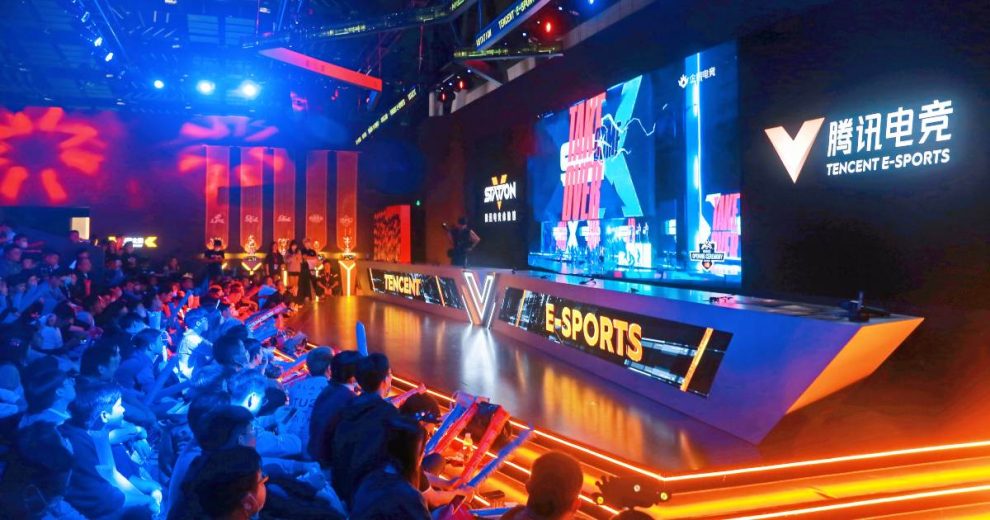The digital era has transformed how we engage with entertainment and sports, reshaping consumption, communication, and content production. From streaming live events to interacting with teams on social media or exploring virtual worlds, people now engage with these industries more deeply and dynamically than ever.
- On-demand entertainment
Digital platforms have revolutionised entertainment, ushering in the age of on-demand content. Streaming services like Netflix, Amazon Prime, and Disney+ have replaced traditional TV and cinema schedules, allowing viewers to choose what to watch and when.
The convenience of accessing vast content libraries across devices has made this the dominant way to consume media. On-demand viewing particularly appeals to younger generations, accustomed to instant content access.
- Online gambling
Online gambling has seen rapid growth in the digital age, transforming traditional casinos into accessible platforms for millions. A major factor driving this trend is the convenience of casinos featuring mobile payment options, allowing users to deposit and withdraw funds easily from their smartphones.
E-wallets and apps like PayPal and Apple Pay make accessing online casinos quicker and more secure, improving the gaming experience. As mobile gaming grows, the use of mobile payment options will likely expand, attracting more players to online gambling.
- Sports consumption
The sports industry has also transformed digitally, with live broadcasts evolving to include online streaming and social media platforms. Major events like the FIFA World Cup and Olympics are now accessible in real-time globally, allowing fans to follow their favourite teams and athletes from anywhere.
Streaming services like DAZN and Amazon Prime offer subscription-based live sports, allowing fans to personalise their experience. Virtual and augmented reality also enhance sports interaction, with immersive VR creating a deeper connection between fans and events.
- Social media and fan interaction
Social media platforms like Twitter, Instagram, and TikTok have transformed how fans interact with the entertainment and sports industries. These platforms enable real-time engagement with celebrities, athletes, and influencers. Hashtags, memes, and live reactions create a participatory culture, turning viewers into active participants rather than passive consumers.
In sports, this is evident during live events, where fans share opinions, stats, and highlights in real time, sparking global conversations. Athletes use social media to build personal brands and interact with fans. Likewise, in entertainment, celebrities host live Q&As, offer project sneak peeks, and engage directly with their audience.
- Esports
A major development at the intersection of entertainment and sports is the rise of esports. Competitive gaming has become a global industry, with millions watching tournaments on platforms like Twitch and YouTube. Esports combines elements of both, attracting a diverse audience of traditional sports fans and gaming enthusiasts alike.
Esports tournaments, with multi-million-dollar prize pools and sponsorships, have become part of mainstream entertainment. Fans go beyond just watching, actively engaging with players and teams online, making the esports community one of the most interactive and digitally native in today’s entertainment landscape.
Conclusion
The digital era has transformed entertainment and sports, making experiences more personalised and interactive. On-demand streaming, online gambling, social media, and esports have turned passive viewers into active participants. As technology advances, the connection between fans, athletes, and entertainers will continue to deepen, offering new opportunities across both industries.














